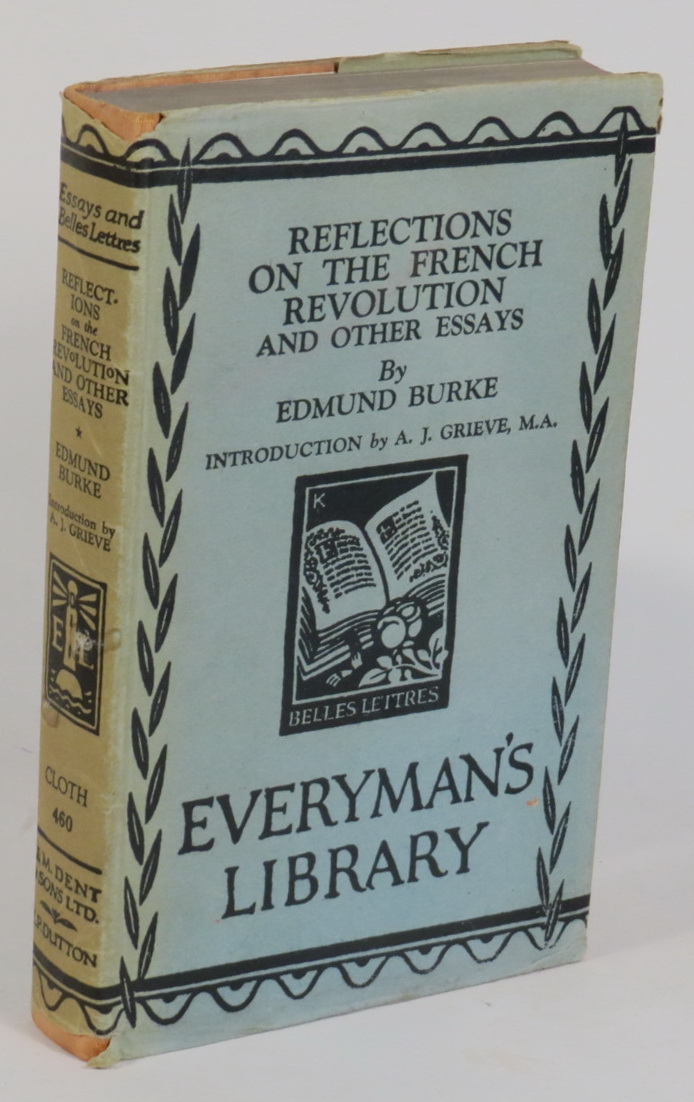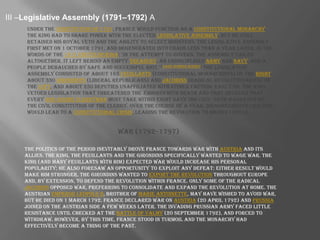

Marx wrote two short books on the revolution of 1848: The Class Struggles in France and The Eighteenth Brumaire of Louis Bonaparte. Finally, and most importantly for the purposes of this review, the revolution of 1848 in France gave Marx his first chance to analyze and write about the development of the revolutionary movement using the method of historical materialism. Secondly, the revolutions of 1848 gave Karl Marx and Frederick Engels their first major opportunity to put their revolutionary theories into practice-both men participated as central actors in the German wing of the revolutionary movement.

For one thing, these upheavals represented the first examples of independent working-class political action in European history-they marked the moment at which something resembling the modern socialist movement began to take shape. Particularly for Marxists, however, the revolutions of 1848 have huge significance. While revolutionary turning points such as the signing of the Declaration of Independence in 1776, the storming of the Bastille in 1789, the Emancipation Proclamation of 1863, or even the Paris Commune of 1871 retain some place in popular consciousness, the same cannot be said of the events of 1848–50: the uprising in Vienna, the June Days in Paris, the Siege of Rome, or the nationalist revolt in Hungary. Constituent power thus ends up being, once more, an alternative to sovereignty.THE REVOLUTIONS of 1848 in Europe are a forgotten episode in radical history, particularly in the United States. In addition, the state’s foundations would be constantly augmented through procedures of collective constitutional revision and amendment. This had to be republican, as the exercise of power would be devolved, via federal structures, to local assemblies. By showcasing the plurality inherent to politics, constituent power testified that popular power does not have to disappear once the political order is created, but must be continuously exercised through the state’s institutional structure. It did not find its origins in the canon of Western philosophy but in the historical practice of people promising and acting together in the public space. The former was not a conceptualisation of popular power but its practical instantiation. Arendt thus aimed to rescue the democratic principle of popular authority by presenting constituent power as a radical alternative to the notion of sovereignty. By contrast, politics for Arendt had to be structured around a radically different conceptualisation of popular power, and constituent power served precisely that purpose. This abolished human plurality by prioritising the need to represent the people as a unitary body having a unitary will. Hannah Arendt disapproved of all conceptualisations of popular power in terms of sovereignty.


 0 kommentar(er)
0 kommentar(er)
